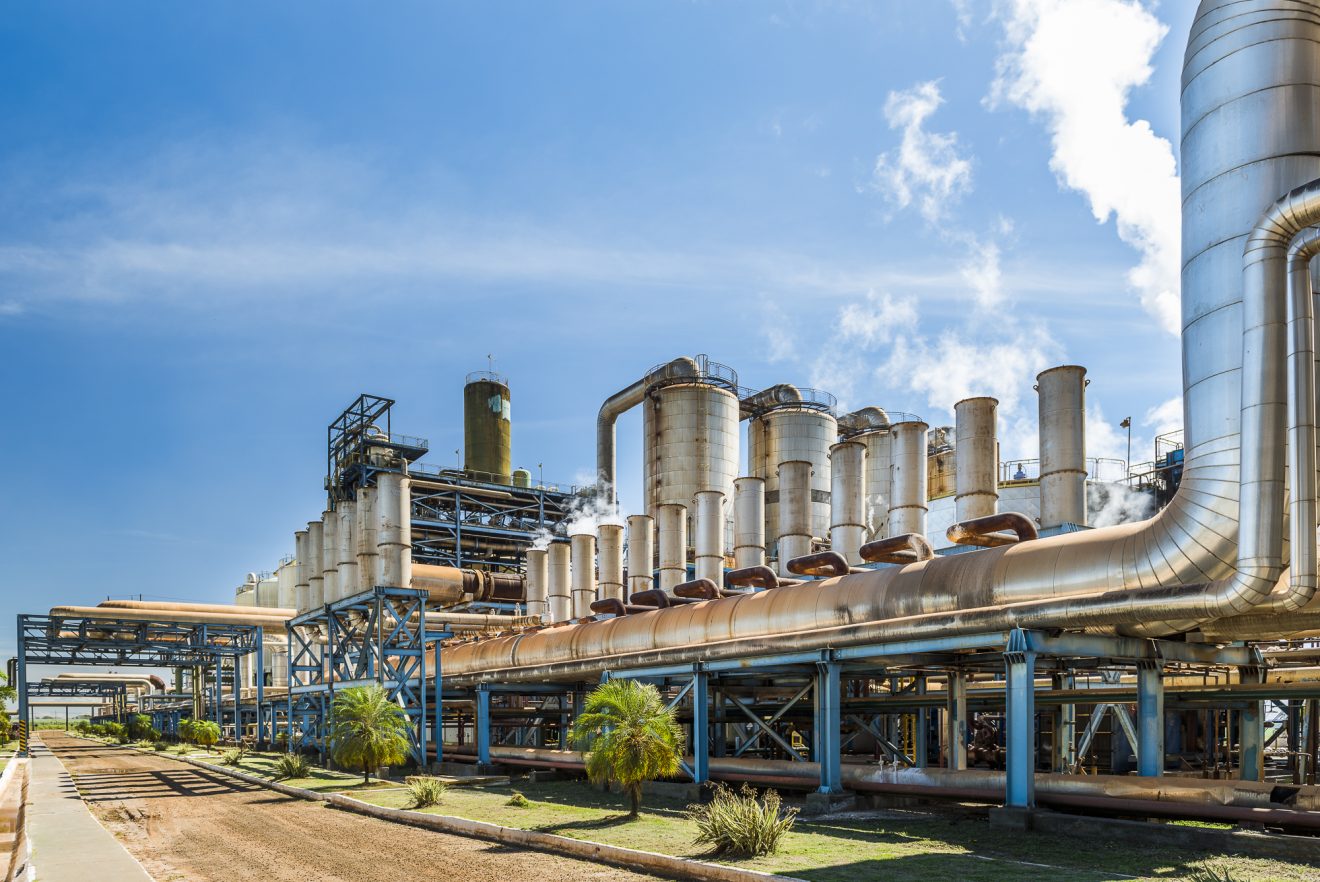Brazilian biofuel heavyweight, Atvos, is making a significant push into the renewable natural gas (RNG) market with the construction of a $69 million biomethane plant. The facility, backed by Abu Dhabi’s Mubadala Capital, marks Atvos’ first foray into biomethane production and signifies a growing trend in Brazil’s energy sector.
The plant, to be located in Mato Grosso do Sul, will have a production capacity of 28 million cubic meters per harvest cycle. This biomethane will be derived from sugarcane waste, a readily available resource in Brazil, the world's leading sugarcane producer. Atvos already has an operational ethanol plant in Nova Alvorada do Sul, the chosen location for the new biomethane facility. This strategic co-location is expected to streamline operations and potentially create synergies between the two plants.
“This project represents Atvos' entry into the renewable natural gas market, with the key difference of producing it on a large scale to meet the rising demand,” said Bruno Serapiao, CEO of Atvos. Biomethane, a biogas upgraded to pipeline quality, is gaining traction in Brazil due to its environmental benefits. Unlike traditional natural gas, biomethane production does not rely on fossil fuels and has a lower carbon footprint.
The Brazilian government has also been actively promoting the use of RNG through favorable regulations and incentives. This, coupled with the increasing demand for cleaner energy sources, has created a fertile ground for biomethane projects like the one undertaken by Atvos.
The investment by Mubadala Capital, a sovereign investment company of the United Arab Emirates, underscores the growing international interest in Brazil’s renewable energy potential. Mubadala acquired a 31.5% stake in Atvos last year, indicating a long-term commitment to the Brazilian biofuels market.
The construction of the biomethane plant is expected to begin later this year, following the completion of a final engineering analysis. This project is a positive development for Brazil’s energy sector, not only in terms of promoting renewable energy but also in creating new job opportunities and fostering technological advancements in the biomethane industry.

